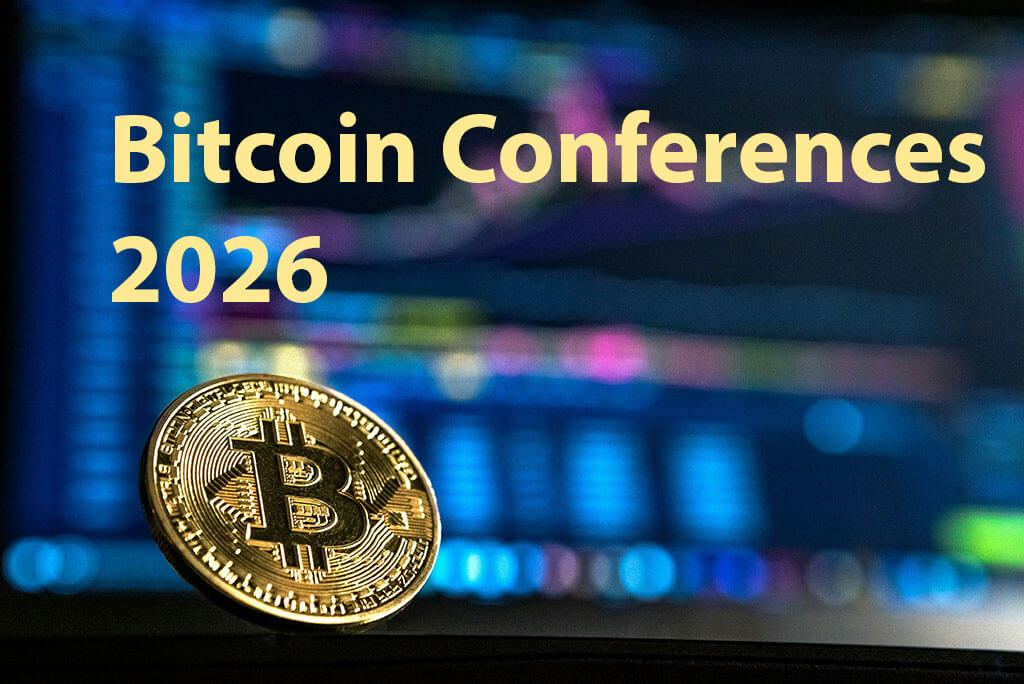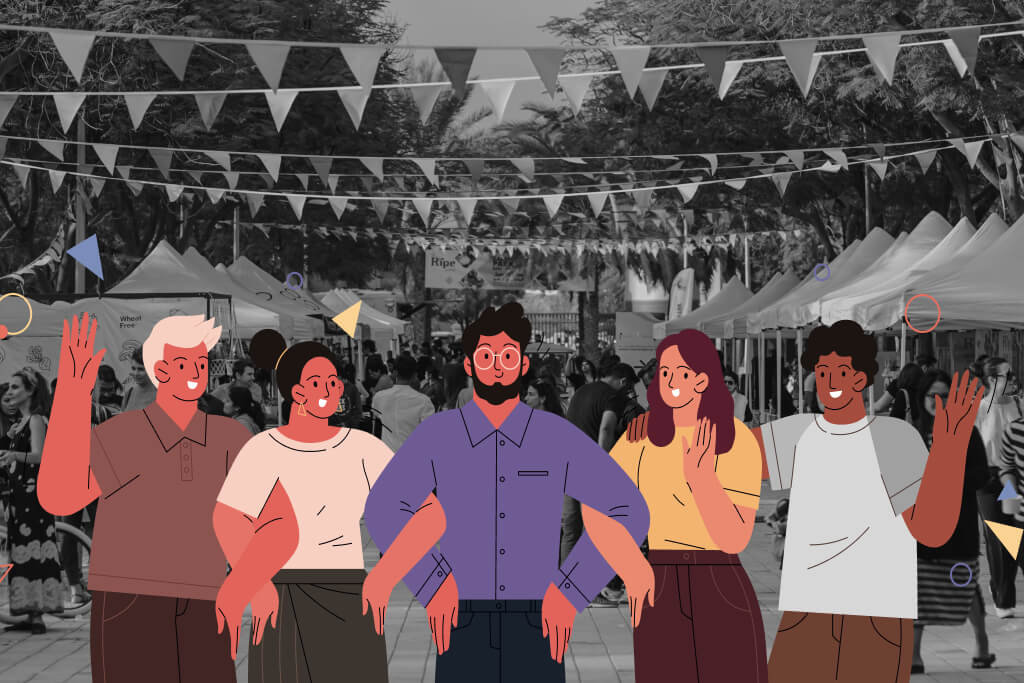What Is Event Advertisement?
Event advertising is a way of promoting an activity to attract attendees, generate interest, and achieve a specific goal. It’s about developing integrated marketing strategies to raise awareness, build interest and encourage engagement. Effective event advertising can significantly impact the success of an event by boosting ticket sales, increasing brand awareness and driving engagement.
From small events to large events, event advertising is essential to the success of any event. It plays an important role in attracting attendees, generating interest and achieving your event goals. Let us know why event advertising is so crucial.
Benefits of Event Advertising
1. Increased attendance
Increased Ticket Sales: Effective advertising can have a direct impact on ticket sales by keeping potential attendees informed and interested.
Reach out: By using marketing strategies to target a specific demographic, you can reach a wider audience and attract more people to your event.
2. Increased brand awareness
Increase brand awareness: Promoting your event can help increase brand recognition and visibility, especially if your brand is new or not well known.
Make them believe: A successful program can boost your brand’s reputation and credibility.
Foster brand loyalty: By creating a positive experience for attendees, you can build brand loyalty and encourage repeat business.
3. Enhanced Communication
Create excitement and anticipation: Effective advertising can create excitement and anticipation for your event, and encourage attendees to share information with their networks.
Foster a sense of community: Engaging with potential participants through social media and other channels creates a sense of community and belonging.
Encourage participation: By highlighting the benefits and advantages of attending your event, you can encourage people to participate and engage with the content.
4. Value Administration
Reach the right audience: Event advertising allows you to target specific demographics, interests and behaviors to reach the most relevant audience for your event.
Maximize ROI: By targeting your advertising efforts to those most likely to visit, you can maximize your return on investment.
5. Measurable Results
Track usual performance: Event advertisin lets you to song key metrics which includes net website on-line traffic, social media engagement, and price tag income.
Measure effectiveness: By studying those metrics, you may look at the fulfillment of your marketing campaigns and make records-driven picks.
Occasion marketing is crucial for the use of attendance, enhancing brand visibility, fostering engagement, and reaching your not unusual event desires. By efficiently selling your occasion, you could create a memorable and an achievement experience for every attendees and your enterprise.
.jpeg)
How Do You Get Your Event Advertised? 20 Tips for Advertising Your Event
Advertising your event effectively is crucial to attracting attendees and achieving your goals. Here are 20 tips to help you create a successful advertising campaign:
1. Define your target audience
- Choose the right attendee: Understand their demographics, interests, and needs.
- Analyze their preferences: See where they spend their time online and offline.
- Tailor your message: Create content that resonates with your target audience.
2. Set clear goals
- Define your goals: Define what you want to accomplish with your ad.
- Measure success: Establish key performance indicators (KPIs) to measure the effectiveness of your campaign.
- Align your goals with your target audience: Make sure your goals align with your target audience’s interests and needs.
3. Create a Strong Brand Identity
- Develop a consistent brand message: Use your emblem values and messaging to guide your advertising and marketing efforts.
- Design attractive visuals: Create visually attractive snap shots, logos, and imagery.
- Use a regular brand voice: Maintain a regular tone and fashion in your messaging.
4. Use social media
- Choose the proper platform: Choose social media systems in which your target market has the most capability.
- Create attractive content material: Share interesting and applicable content, images and movies.
- Use social media marketing: Target your advertisements to attain the precise demographic and wreck.
5. Use e mail advertising and marketing
- Create an email list: Collect email addresses of potential participants.
- Sending targeted emails: Create customized electronic mail campaigns based on targeting specific market segments.
- Free viewing and cost per click: Measure the effectiveness of your e-mail advertising and marketing efforts.
6. Use paid advertising and marketing
- Explore more than one application: Consider programs like Google Ads, Facebook Ads, and Instagram Ads.
- Target your target marketplace: Use direct cognizance on demographics, hobbies, and behaviors to attain the right human beings.
- Monitor your ROI: Monitor the general overall performance of your paid marketing and marketing campaigns.
7. Benefits of public relations
- Contact media vendors: Position your opportunity with the right communicators and bloggers.
- Offer personalized interviews: Provide media shops with relevant information or gain access.
- Monitor media insurance: Look for coverage of your event in the press and on social media.
8. Work with influencers
- Identify the right influencers: Work with influencers who reach your target audience.
- Offer incentives: Offer free tickets or other benefits to influencers.
- Take advantage of their reach: Promote your event through their social media channels.
.jpeg)
9. Make interesting stories
- Create an attractive picture: Write clear, concise and interesting text.
- Use good images: Include movies and pictures.
- Tell a story: Share the story behind your event to connect emotionally with your target market.
10. Offer incentives
- Create a sense of urgency: Use limited time offers or early discounts to encourage early registration.
- Offer special benefits: Offer VIP experiences, merchandise, or other benefits to attract attendees.
11. Optimize your internet site
- Make your website person-pleasing: Make sure your internet site is easy to navigate and mobile friendly.
- Use clear, concise language: Write clear, concise text that is easy to understand.
- Correct for search engines: Use relevant keywords and meta descriptions to improve your website’s search engine valuation.
12. Utilize Print Advertising
- Consider local newspapers and magazines: Reach a focused target audience via print marketing.
- Use flyers and posters: Distribute flyers and posters in applicable locations.
13. Leverage Word-of-Mouth Marketing
- Encourage attendees to percentage: Ask attendees to share facts about your occasion on social media.
- Offer referral bonuses: Incentivize attendees to carry buddies and own family.
14. Host Pre-Event Events
- Build pleasure and anticipation: Host pre-occasion sports at the side of meet-and-greets or workshops.
- Pre-event activities are a great way to build excitement and anticipation for your main event.
- Engaging target audience: By hosting pre-event events, you can engage with your target audience, creating a sense of community.
- Generate buzz: Create excitement and buzz around your event on social media and in the community.
15. Create a Buzz on Social Media
- Use applicable hashtags: Use famous hashtags related to your event and corporation.
- Run contests and giveaways: Encourage engagement and shareability.
- Live flow in the again of-the-scenes content material cloth: Give attendees a sneak peek into the occasion planning system.
16. Work with other organizations
- Work with overlapping businesses: Work with different companies that make up a percentage of your audience.
- Cross-selling opportunities: Promote events of any kind to reach a much broader target market.
17. Provide networking opportunities
- Create networking opportunities: Facilitate networking and community opportunities for attendees.
- Encourage interaction on social media: Encourage attendees to use a unique hashtag to connect.
18. Track and analyze results
- Monitor key metrics: track website traffic, social media engagement, and ticket sales.
- Analyze your data: Identify what works and what doesn’t.
- Adjust as needed: Based on your findings, adjust your advertising strategy.
19. Personalize your message
- Use audience segmentation: Tailor your message to segments of your audience.
- Customize email campaigns: Use dynamic elements to customize email messages.
20. Be consistent
- Maintain a consistent brand message: Use the same message and imagery across channels.
- Be diligent: Continue your advertising efforts throughout the period leading up to your event.
.jpeg)
Examples of Event Advertising: Some of The Best Ways to Advertise An Event
Here are a few real-life examples of successful event advertising campaigns from various events and industries:
1. Coachella Music and Arts Festival
Strategy: Coachella uses strong social media, influencer advertising and specific merchandise drops to create anticipation and exclusivity
Tactics: Uses Instagram and Twitter to provide 100 percent behind-the-scenes content, artist profiles, and contest bans. Additionally they work with influencers to promote the event to their followers.
Results: Coachella ended up being one of the most popular running festivals in the world, attracting crowds every year.
2. TED Talks
Strategy: A TED talk features an awareness of incredibly inspiring content that can be shared and accessed online effortlessly.
Tactics: Share the TED Talk via YouTube channel and podcast. They and organizations create opportunities to sit down and plan a theme song.
Results: TED talks have grown into an international phenomenon, with millions of people discussing their own talks.
3. Burning Man
Strategy: Burning Man relies heavily on word-of-mouth marketing and strong online networking.
Tactics: Attendees are recommended to share their news on social media, and the festival remains colorful online.
Results: Burning Man attracted a devoted following and became a cultural phenomenon.
4. Comedy-Con International
Strategy: Specializes in developing custom immersion specifics for Comic-Con attendees, including one-of-a-kind panels, products and cosplay contests
Tactics: The opportunity is mostly promoted through social media, online groups and partnerships with leisure companies.
Results: Comic-Con has become one of the biggest pop culture events in the entire world, drawing crowds every year.
5. South by Southwest (SXSW)
Strategy: SXSW is an interdisciplinary festival that attracts people from a variety of industries, including technology, music, film and interactive media.
Tactics: The festival will use a strong online presence, social media marketing and partnerships with industry leaders.
Results: SXSW became a sought-after event for networking, showcasing new ideas and introducing new products.

Conclusion
In a dynamic event marketing environment, it’s important to realize that event advertising alone can’t guarantee the success of your event. A trusted ticketing platform is essential to converting insights into real results, and that’s where Eventify comes into play.
Eventify offers comprehensive features designed to streamline your ticketing process, from ticket sales and management to attendee communication so you can better manage your event, for the attendee experience, and drive ticket sales by using Eventify’s powerful tools.
Remember that successful event advertising requires a multi-pronged approach that combines effective marketing strategies with a robust ticketing strategy. Eventify provides the tools you need to achieve your event goals and create a memorable experience for attendees.

.jpg)




.png)





